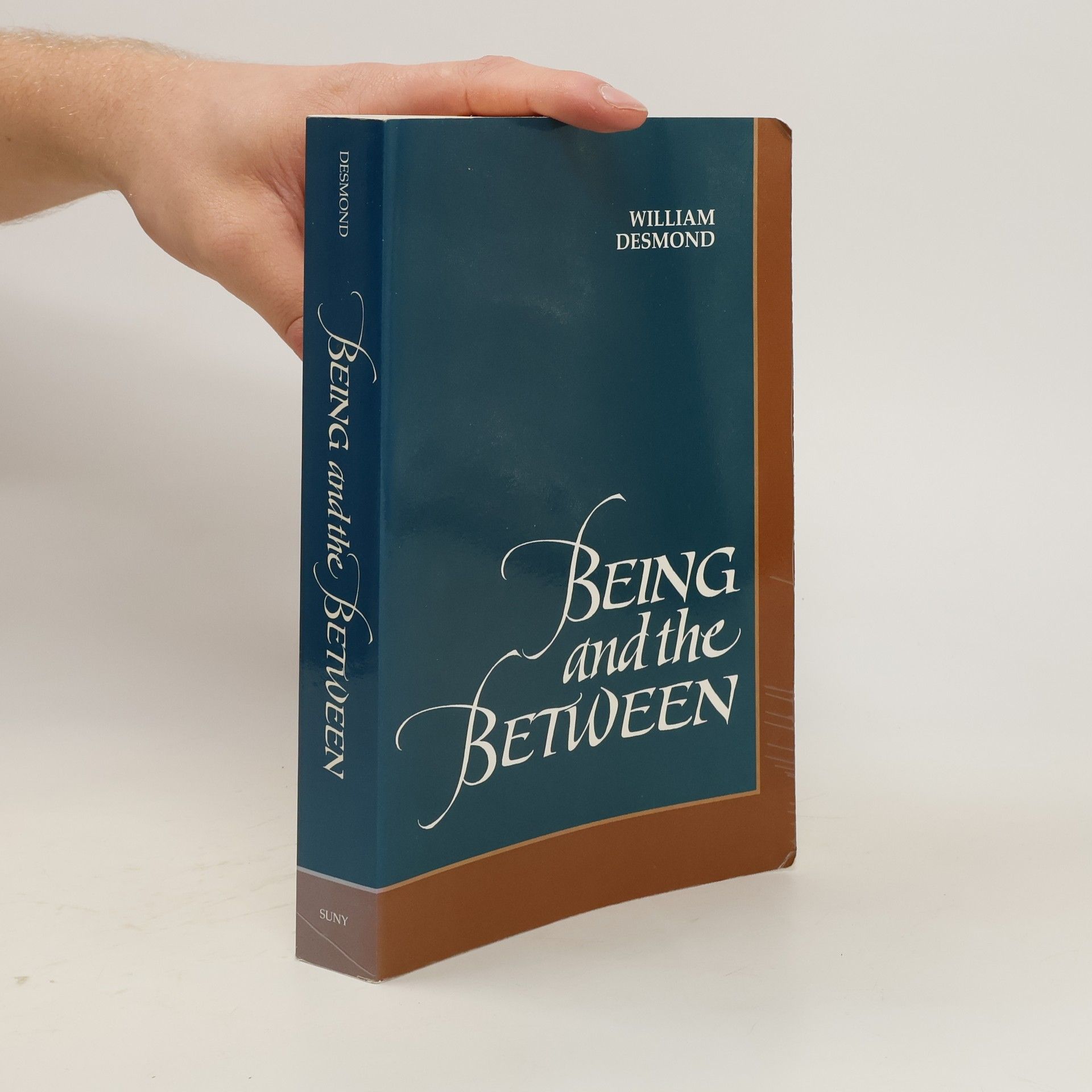Un tour sur le bolid'
- 94pages
- 4 heures de lecture
"... celui qui mène le bal - Dieu, ou tu l'appelleras comme tu voudras - doit adorer s'amuser. [...] Mais cela ne peut se faire que dans des circonstances bien précises. Comme ce soir. Toi, tout seul dans la nature... ta mère malade... besoin d'un moyen de transport... Dans moins de dix kilomètres, on va commencer à voir les premières maisons. Dans moins de quinze, on atteindra les limites de la ville. Ce qui signifie qu'il faut que tu te décides tout de suite. - Que je décide quoi ? - Qui monte dans le Bolid' et qui reste à terre. Toi ou ta mère. " Une nouvelle diabolique, la première diffusée, en anglais, sur le Net, et qui est reprise dans Tout est fatal.


